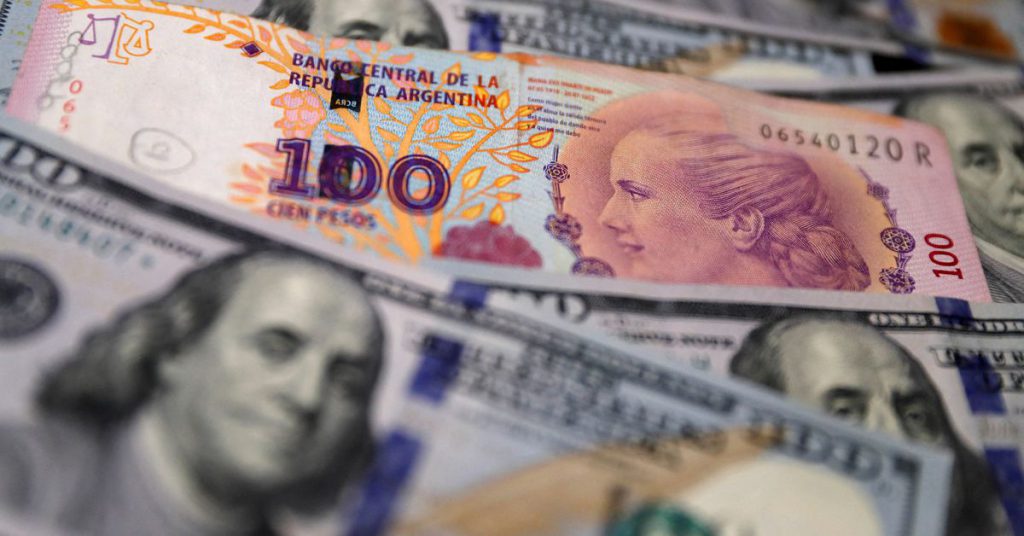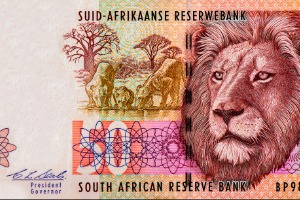BUENOS AIRES, March 22 (Reuters) – Argentina’s slow-and-steady currency devaluation plan is coming under rising pressure as a historic drought pummels exports of cash crops soy and corn, draining the country’s reserves of dollars needed to prop up the embattled peso.
The South American country controls its official peso-dollar exchange rate with regular currency interventions, but the cost of doing so is rising, with $1.2 billion of hard currency sold in March alone, data from traders show
The drought – hitting dollar incomes – is now raising the specter of a faster devaluation, which the government is desperate to avoid ahead of general elections in October, wary of pumping up annual inflation already running at 102.5%.
“It strains the exchange plan the government is trying to implement with progressive devaluation, the alternative to avoid a sharp devaluation shock,” said Santiago Manoukian, economist at…





